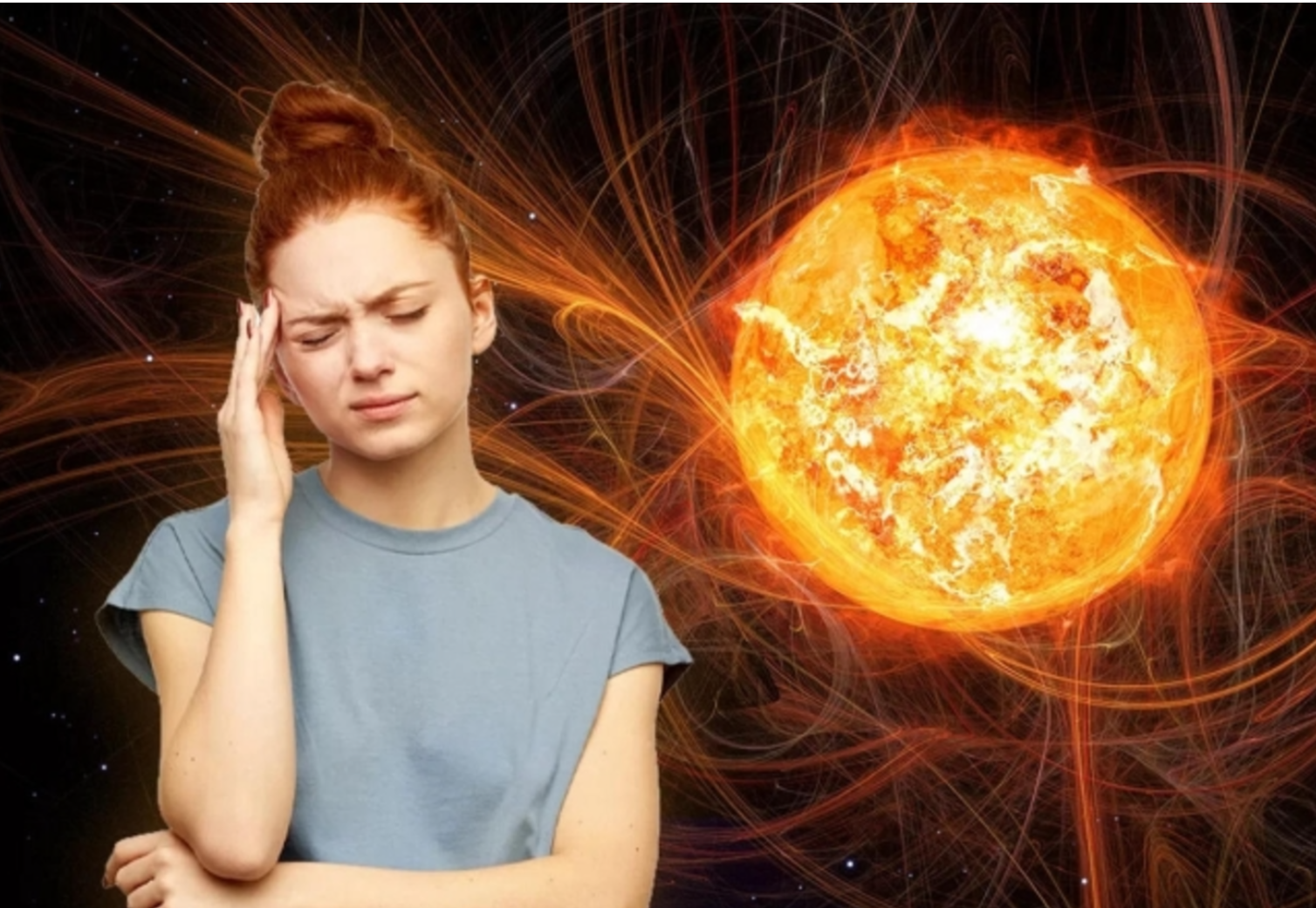The Earth is covered by powerful magnetic storms: how to survive the “red phase”
15 September 12:47
Today, on September 15, the Earth was hit by a magnetic storm that will last for several days. This was reported by "Komersant Ukrainian" with reference to Meteoagent, which monitors the Sun’s activity.
It was caused by powerful solar flares that occurred a few days ago.
The geomagnetic storm is expected to last at least two days.
According to Meteoagent, on September 15, the K-index will rise to 6, which corresponds to a G1 geomagnetic storm, the “red level” of danger. It is considered quite strong and affects people’s well-being, causing headaches, apathy, anxiety, and irritability.
on September 16, magnetic fluctuations will reach 5.3 points (red level).
It should be noted that the forecast is subject to change, as solar activity researchers update their data every three hours. Therefore, scientists recommend following the updates and warnings.

Geomagnetic storms are classified according to the level of power – K-index – from 2 to 9. The higher the K-index, the stronger the storm and its consequences and impact on people and equipment.
For those who are dependent on weather changes, it is especially important to be cautious on these days and pay attention to how they feel.
On days of strong magnetic storms, most people feel unwell, weak, have a reduced ability to work, and have a depressed psychological state. Doctors recommend paying more attention to your health on such days, getting more rest, not overloading the nervous system, and following a normal daily routine.
How to reduce the negative impact of a magnetic storm
Magnetic storms are natural phenomena associated with solar activity, and although they rarely pose a serious danger, it is important to understand their impact.
Magnetic storms do not pose a serious health risk to most people. However, some studies indicate that mild disorders such as headaches, dizziness, insomnia, or deterioration of health in meteorologically sensitive people may occur during strong magnetic storms.
Experts advise avoiding stress, getting more rest, maintaining water balance, and minimizing physical activity.
To reduce the potential impact of magnetic storms, it is recommended to follow these tips
- avoid excessive outdoor exposure during the peak moments of the storm;
- limit physical activity;
- get plenty of rest;
- drink plenty of fluids;
- avoid stressful situations.
People with serious chronic diseases should consult a doctor about additional precautions during strong magnetic storms.
Drivers should be especially careful, as magnetic storms can affect concentration.









